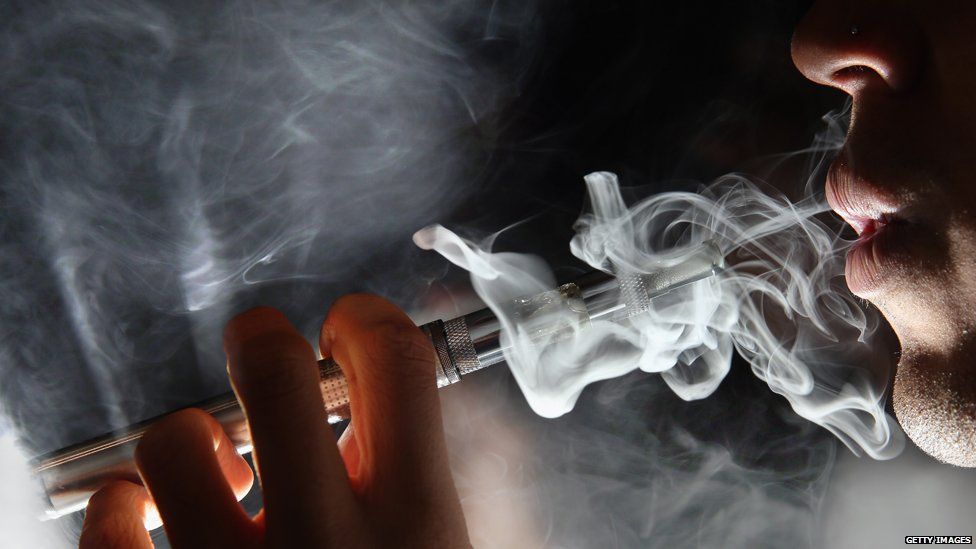Clearing the Air: The Impact of Smoking on Lung Health

Smoking has long been recognized as a significant public health concern, with detrimental effects that extend far beyond the individual. Among the many health risks associated with smoking, one of the most well-documented and severe is its impact on lung health. In this article, we will explore the connection between smoking and lung health, shedding light on the physiological mechanisms at play and the serious consequences for those who continue to smoke.
Section 1: How Smoking Affects the Lungs
Smoking is a leading cause of chronic obstructive pulmonary disease (COPD), a group of lung conditions that include chronic bronchitis and emphysema. We will delve into the toxic components of cigarette smoke and how they damage the delicate structures of the lungs. From irritating airways to reducing the lungs’ ability to function optimally, smoking takes a profound toll on respiratory health.
Section 2: The Lung Cancer Link
Lung cancer is another devastating consequence of smoking, responsible for a substantial portion of cancer-related deaths worldwide. We’ll explore the carcinogens present in cigarette smoke and the intricate processes that lead to the development of lung cancer. It’s essential to understand the risks and consequences for those who continue to smoke.
Section 3: Secondhand Smoke
Smoking doesn’t only impact the health of smokers themselves but also poses risks to those exposed to secondhand smoke. We’ll discuss the dangers of passive smoking and its effects on the respiratory systems of non-smokers, particularly in the context of children and vulnerable populations.
Section 4: Quitting Smoking and Lung Health
Thankfully, quitting smoking can lead to significant improvements in lung health. We’ll examine the positive changes that occur in the lungs and the body when a person gives up smoking. This section will provide motivation and insights for those looking to quit and improve their respiratory well-being.
Section 5: Resources and Support
To conclude, we will offer information on resources and support for individuals who want to quit smoking. From smoking cessation programs to medications and strategies for breaking the habit, there are various paths to healthier lungs and a smoke-free life.
Conclusion:
In this article, we’ve explored the undeniable connection between smoking and lung health. The evidence is clear: smoking poses severe risks to both the individual and those exposed to secondhand smoke. However, the good news is that it’s never too late to quit smoking and begin the journey to better lung health. Understanding the consequences of smoking on the lungs is the first step in making an informed choice about your health.






